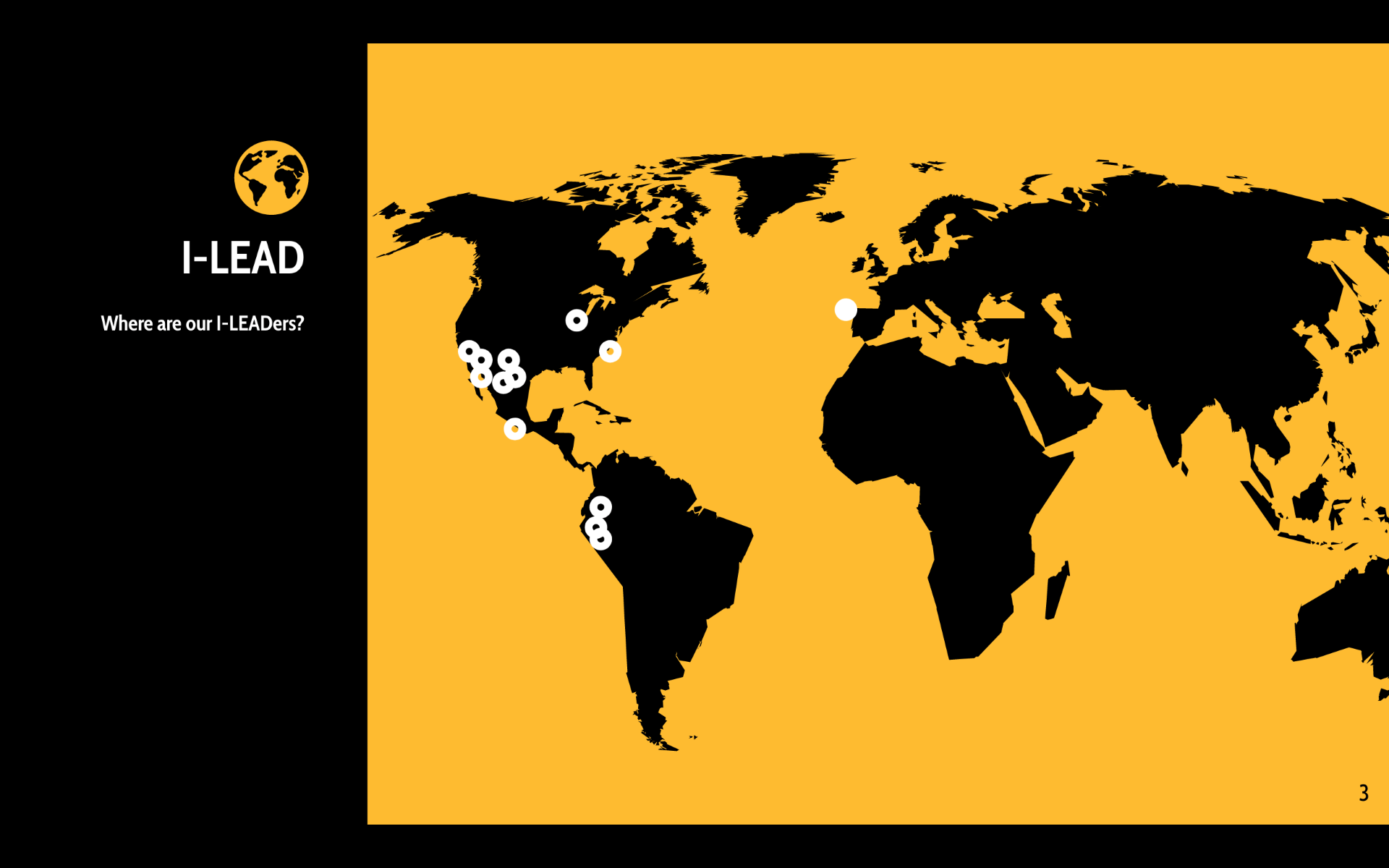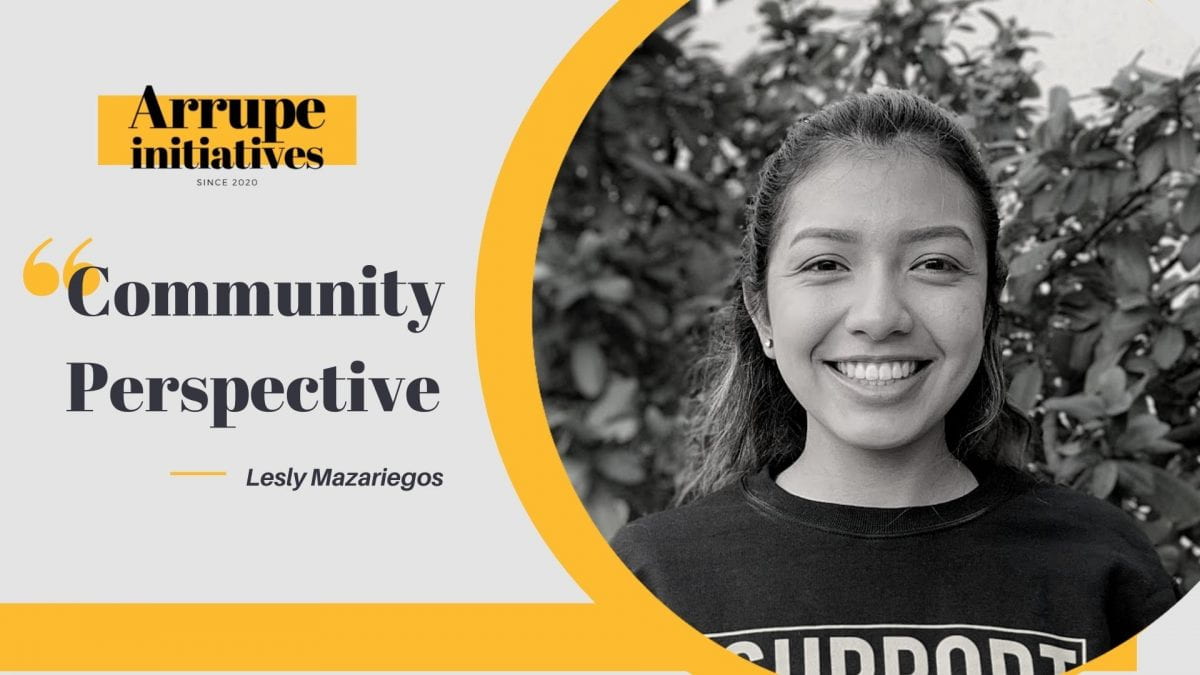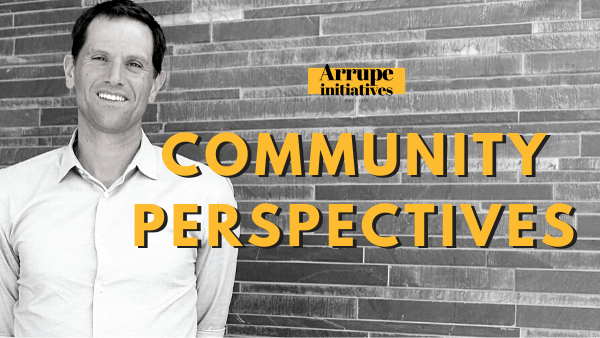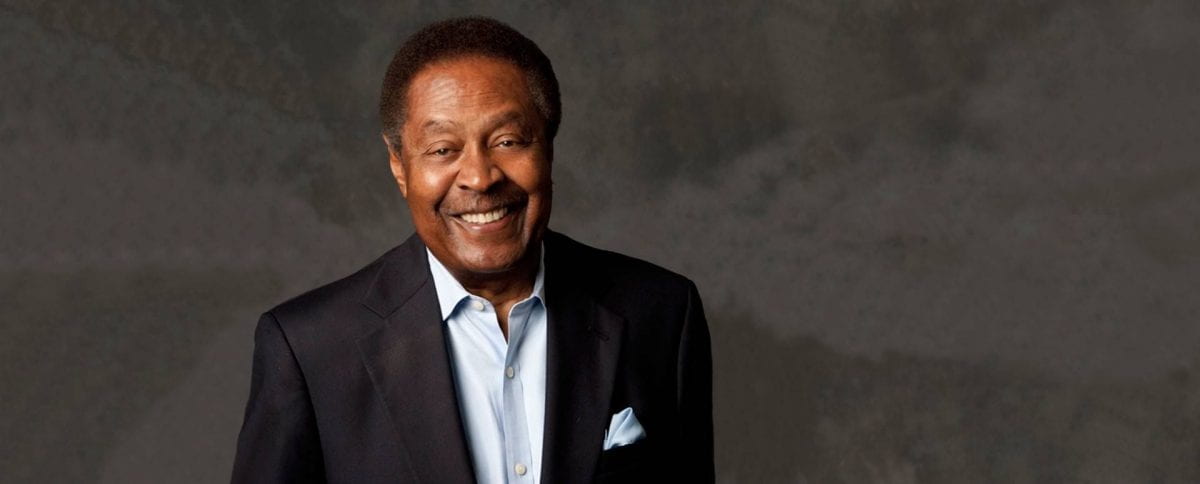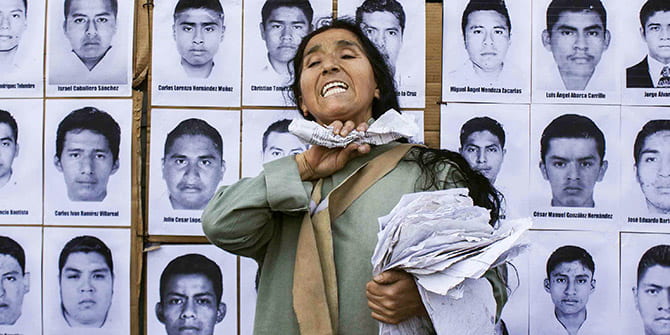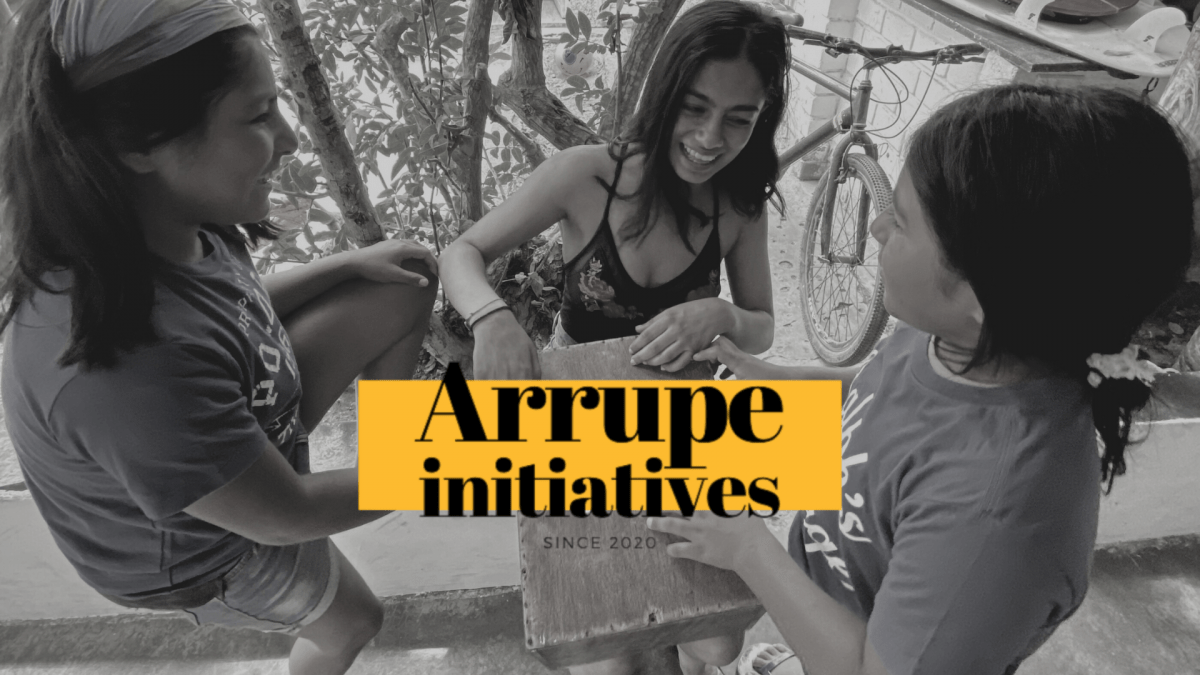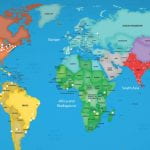by Luis Enrique Bazan
Recently, a group of USF graduate students, members of the Arrupe team, got together to reflect on the signs of the times in order to figure out the needs of our USF community and our possible contribution.
With a kind heart, we wanted to be as honest as possible about the anxiety, anger, fear, and instability that we are witnessing within our own community, and we held on to the USF mission as the platform to advance this conversation.
USF is not new in its commitment to social justice. We have a lot of institutionalized programs that are evidence of this commitment to local and global communities, but if we are not new to this conversation, why are some members of our community feeling sidelined? Is this current global crisis showing the cracks of the implementation of a mission that we are so proud of? We have good examples of care within our campus, but we also have some signs of desolation.
The most important asset at USF is its people. Each person brings experiences that nurture the heart and knowledge of the institution. The institution that we are working together to create is constantly being challenged by factors that are not necessarily under our control, and in order to mitigate those external factors, there are decisions that are being made based on professional analysis. It is of public knowledge that analysis could help us be better prepared to face the future, but here is where our reflection led us to see that tension is being built when confronted with the mission.
The current COVID-19 pandemic has reminded us of something about analytical planning: it can’t predict the future. Even though we know that analysis is not perfect, we still need it. The problem is when analysis doesn’t understand its limitations and trumps the other historical narratives that have built the USF legacy.
Each person synthesizes, through their own experience, the mission of the university, and because of that, we have an idea of where we should be. The tension that hides the rich experience of each member of the community is that, due to the current state of affairs, people are not being asked to give their opinions regarding decisions that affect them. Numbers are prevailing in providing us with information that condition our own paths of action, and not the conscience of our community. Therefore, we need a way of thinking that is capable of going beyond what the analytical and numeric projections tell us where we should be going.
Catholic Social Thought teaches us that we can’t separate our analytic constructions from our conscience. Our USF experience teaches us that approaching crises as an issue of categories of analysis doesn’t give the concrete experiences of a very diverse community the priority that it deserves.
Participating in the construction of a more humane world is not only an analytical construction but the common effort of people who care. Analytical decisions that incorporate the conscience of a community become meaningful decisions, and a number of meaningful decisions together is what has built USF.
We already have some schools and offices on campus that are incorporating the voices of their students, faculty, and staff in their decisions, but not everyone is there yet, so we, the Arrupe team, ended our meeting with the following questions: How do we build channels of meaningful communication during times of social distancing? How do we make sure that everyone from the USF community feels valued? Could we make sure that everyone is represented in decisions that matter the most to them? Could collective conscience ever become a priority at USF or other Jesuit institutions?
We don’t have the answers, but we hope that other offices and schools are asking similar questions so we can find meaningful ways to move forward.
This text launches our Community Perspectives project, if you wish to share your perspective, please visit: myusf.usfca.edu/arrupe/perspective


